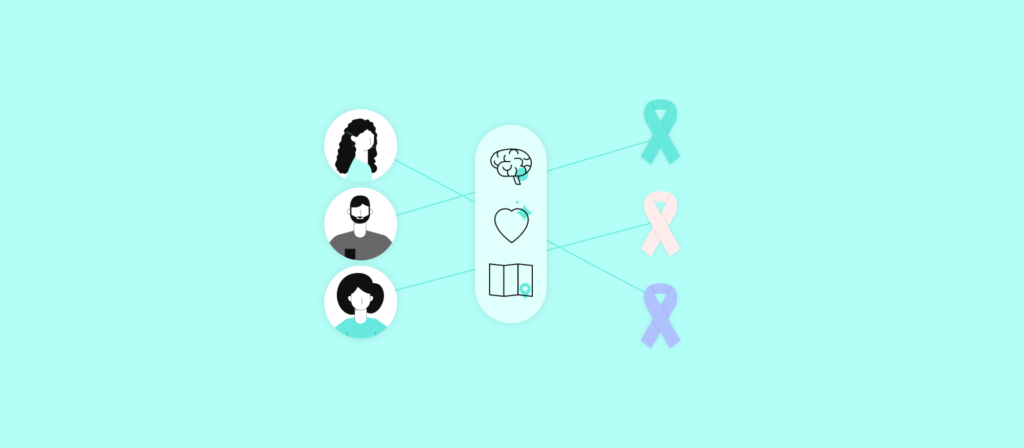As a successful public company with thousands of employees across the globe, Atlassian is uniquely suited to make a positive impact on the world.
Knowing this, they created the Atlassian Foundation, which receives 1% of the company’s annual profits, 1% of the company’s equity, and 1% of the employees’ time; they allocate these resources toward donations, providing their products for free, and volunteer activities at nonprofits.
The latter involves deciding which volunteers to assign to a given nonprofit, and, unfortunately, this matchmaking proved more complicated than expected; volunteers had specific interests, while nonprofits were often looking for individuals with certain skill sets.
The Foundation tried their hand at matchmaking by using a manual solution: They relied on a spreadsheet with nonprofit organizations in one column and volunteers in the next, and with the matching done more or less at random. This wasn’t only ineffective, as the Foundation team didn’t know who would be interested and best suited for a particular activity, but it also wouldn’t scale as the number of participating volunteers and nonprofit organizations grew.
Once the Foundation formally launched their matchmaking program—dubbed Engage 4 Good—, they decided to partner with Atlassian’s Intelligent Automation (IA) team to improve their approach to matchmaking.
Through the partnership, the Foundation adopted a solution that leverages Jira to host the relevant information and Workato to automate the process end-to-end.
Here’s a closer look at how their solution works.
Related: How Atlassian’s Intelligent Automation team operates
Intelligently matching volunteers with the right opportunities
At the core of the process are profiles.
The nonprofits created profiles in Jira Service Management, which included filling out fields like location, the skills needed, and their project requirements. All the while, employees created similar profiles by filling out their locations and skills.
Using the completed profiles, the IA team built an automation in Workato that can automatically identify the best volunteer(s) for a given project. Once that happens, Workbot, Workato’s platform bot, messages the volunteer channel in Slack, announcing the matches and the steps for getting started; moreover, Workbot messages individual volunteers, giving them the chance to accept the project they’ve matched with through the click of a button. The volunteer can also decline the project in the message, allowing them to browse their other matches.
Lauren Black, a Social Impact Specialist at the Atlassian Foundation, highlights the impact this automation has had on her team:
Beyond helping her team save time (as much as a week per matching period!) and focus on more strategic activities, the automation has delivered incredibly impactful results for the program. For example, during the most recent matchmaking process, the Foundation saw a 90% engagement rate (up from 58%), meaning the vast majority of volunteer opportunities were accepted through the automated system.
Finally, this program serves as another example of how Atlassian’s IT department could help other teams deliver on their goals. Srividya, a member of Atlassian’s Intelligent Automation team, said, “we were trying to show more of what an IT team could bring to the table as far as business value.”
Based on the results the automation has already delivered, it’s fair to say mission accomplished.
